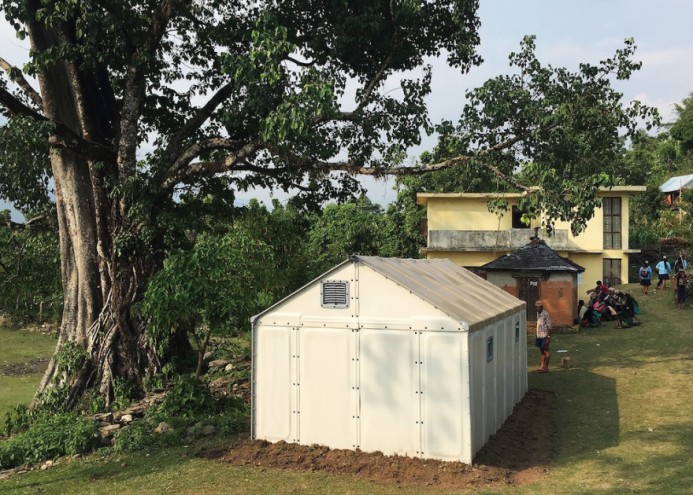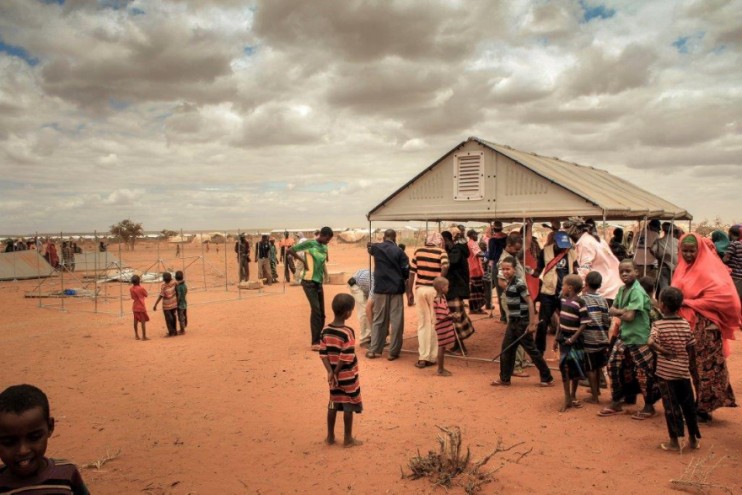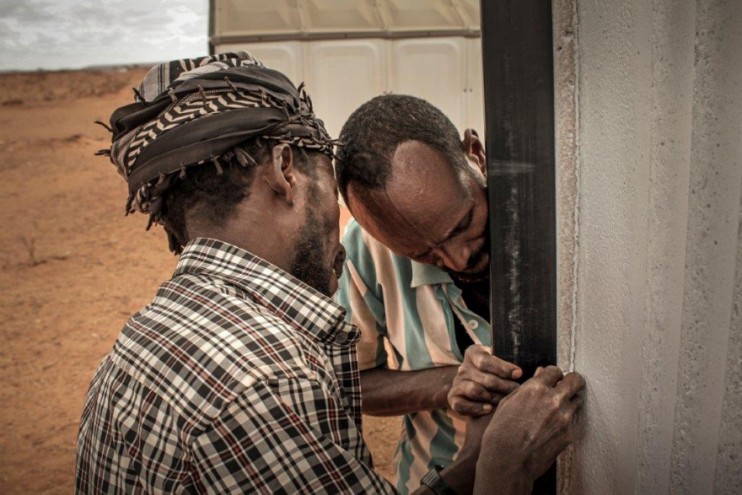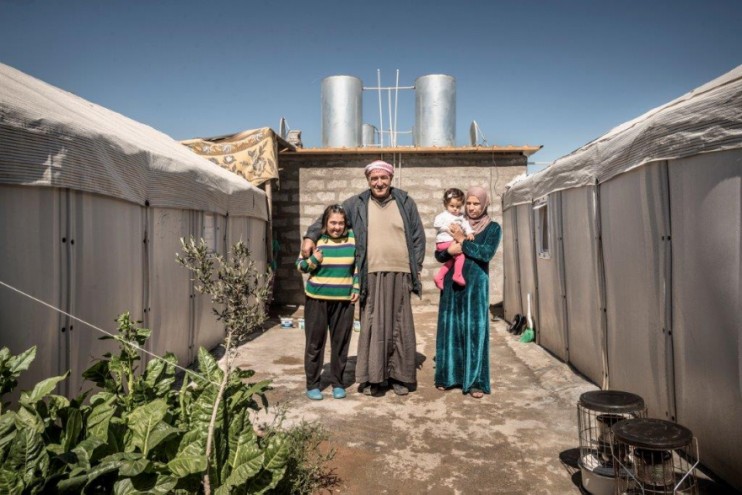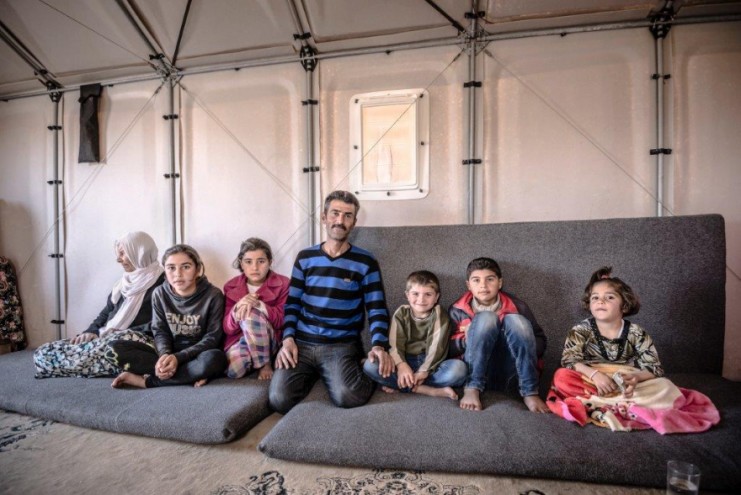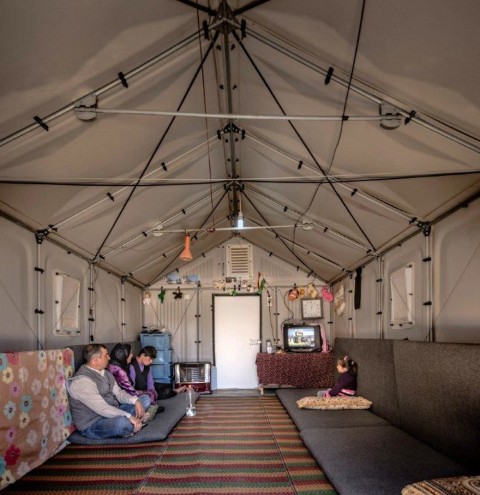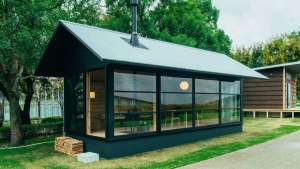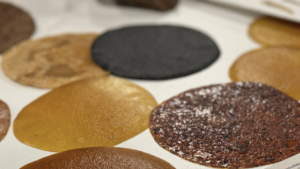From the Series
Ikea, the company that designs and sells the world’s most famous ready-to-assemble furniture and accessories is channelling their design acumen into a worthy project – refugee shelters.
In an endeavour to design for good, the United Nations Refugee Agency (UNHCR), Better Shelter and Ikea Foundation have collaborated to develop a new solution to shelter refugees. The UNHCR enlisted Ikea because until now they erected canvas or hoop tents to shelter refugee, but neither provide sufficient insulation or remain standing for more than a few months.
The shelters are currently housing Syrian, Iraqi and most recently Nepalese people. In Nepal, Médecins Sans Frontières, or Doctors Without Borders, are using the structures as temporary health care facilities in the Gorkha district to help ensure the continuation of basic primary health care, until more permanent construction options for the medical structures may be realised.
In typical Ikea fashion, the newly designed shelter comes flat-packed in a cardboard box with all of the pipes, panels, and wires required to construct the shelter. The modular design takes four hours to assemble with no required tools or prior training skills and is designed to last for three years. The Better Shelter can be disassembled and reused.
The Ikea flat-pack shelter is designed to be more durable and robust than both the hoop and canvas tents. The metal structures and polypropylene panels in the units are designed to withstand harsh sunlight, strong winds and dust storms - the most common environmental conditions in refugee camps. The interior is lit by built-in lights, which last for up to four hours and are powered by a solar panel laminated on a thin plastic film.
The shelters were developed in conjunction with refugees in Iraq and Ethiopia who improved the design to respect the personal, social and cultural expectations of their potential inhabitants and improve their general living conditions.
Earlier this year, after the success of the Better Shelter prototype program in Ethiopia and Iraq, the UNHCR and the Ikea foundation placed an order for 10 000 units.
The Doctors Without orders personnel and Better Shelter, teamed up to assemble test constructions on the Nepalese site: two Better Shelter units were linked together, thus forming a longer, larger unit with a shaded open area at one of the gable ends

